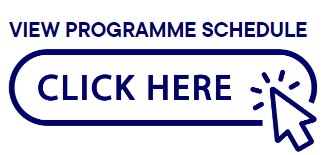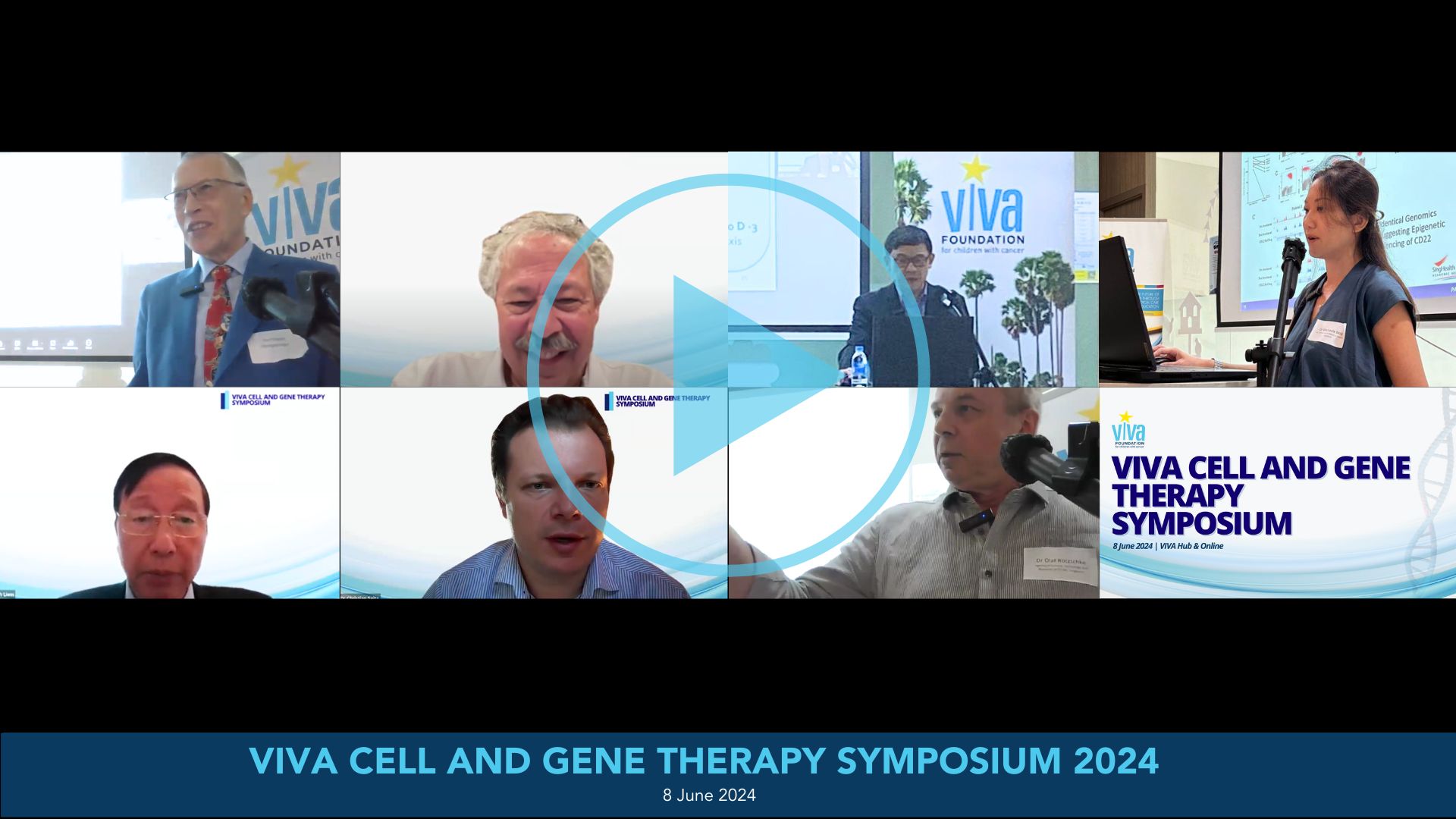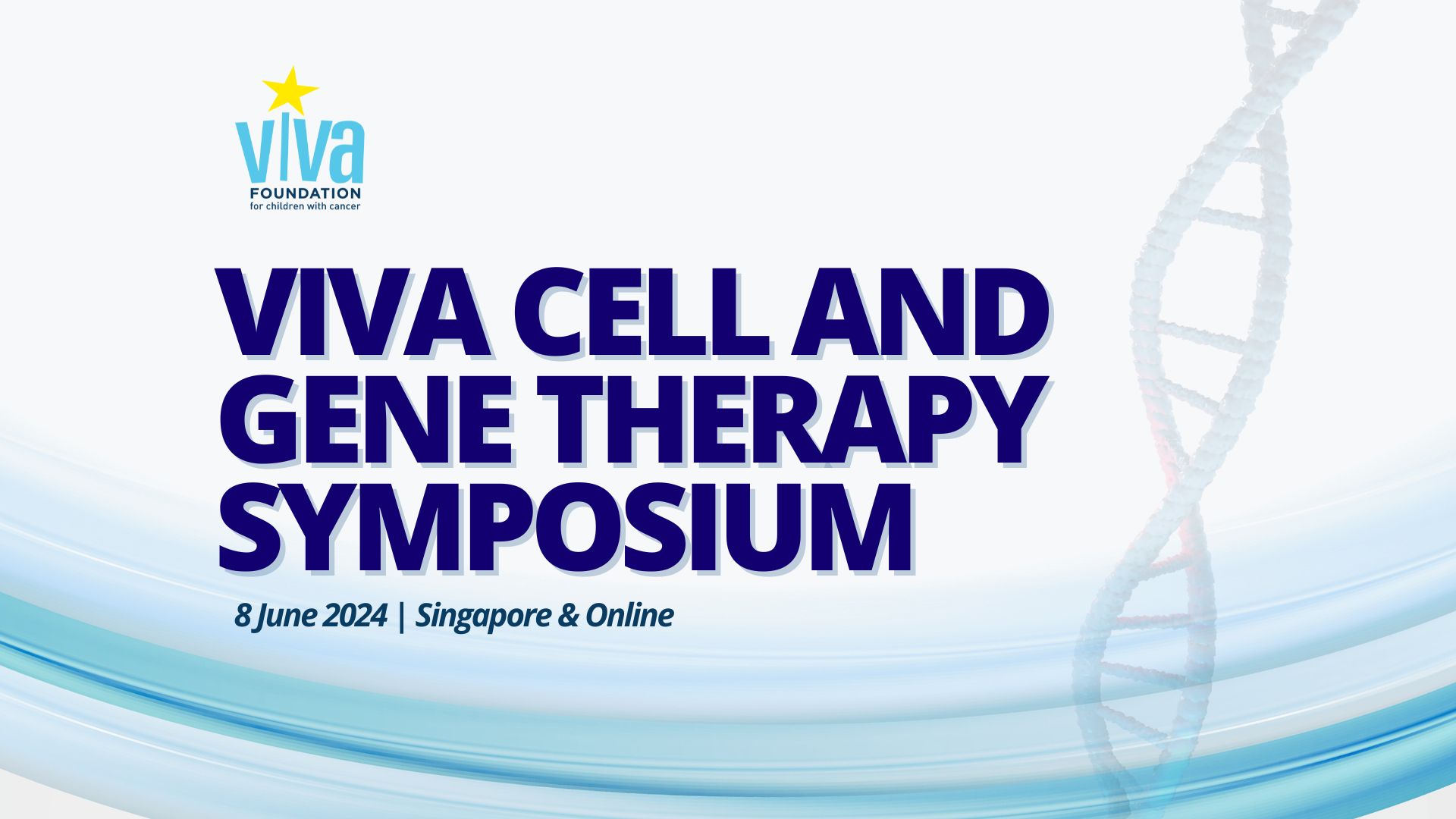
VIVA Cell and Gene Therapy Symposium 2024
8 June 2024 | 8:30AM - 3:00PM (GMT+8 SG Time)*
The VIVA Cell and Gene Therapy Symposium, proudly sponsored by Miltenyi Biotec, returns for another year as a premier gathering dedicated to advancing the frontiers of clinical cellular immunotherapy. Building upon the success of last year’s event, this symposium continues to serve as a pivotal platform for healthcare professionals to converge and explore the latest advancements and breakthroughs in the dynamic field of cell and gene therapies.
With the potential to revolutionise medical treatments and address previously incurable diseases, cell and gene therapies have garnered significant attention and excitement. This symposium remains steadfast in its commitment to fostering collaboration, accelerating scientific progress, and catalysing the translation of cutting-edge discoveries into tangible clinical applications.
As we embark on this journey together, let us harness the collective expertise and enthusiasm of our diverse community to propel cell and gene therapies forward. Together, we will drive innovation, accelerate scientific discovery, and ultimately transform the landscape of patient care, bringing hope to those in need.
This will be a hybrid meeting with a full-day program consisting of lectures and panel discussions at VIVA Hub, Singapore.
PRESENTATION SUMMARIES
Viral Specific Cytotoxic T-Lymphocyte Cellular Therapy in Allogenic Stem Cell Transplantation Recipients by Dr Mitchell S. Cario
Viral infections (ADV/CMV/EBV/BKV) in immunocomprimised patients including those post hematopoietic stem cell transplantation (HSCT), solid organ transplantation (SOT) and/or those with primary immunodeficiencies are at significant risk of persistent and/or resistant viremia/infection and subsequently an increased risk of morbidity, allograft rejection and risk of mortality. Temporarily restoring viral specific T-cell immunity with allogenic adoptive viral specific T-cell therapy is critical to improving the outcome in these immunocomprimised patients with medically refractory viremia/infection.
We report here the result of a multi institutional viral CTL consortium (VIRCTLC) of family related donor derived viral specific (ADV, CMV, EBV, BKV) Cytotoxicity T-Lymphocytes (CTLs) in children, adolescent and young adults with medical refractory viral infection and/or antibacterial therapy.
Post CAR-T Relapses by Dr Michaela Seng
Post CAR-T relapses represent a complex clinical challenge, requiring innovative approaches to predict, prevent and manage such high risk patients. This talk will cover the mechanisms of relapse after CAR-T, predictive factors and current strategies being explored including transplant and other maintenance therapies.
Application of on-site manufacturing CAR T-cell therapy for acute leukemia and lymphoma at Vinmec by Prof Nguyen Thanh Liem
CAR T-cell therapy is a unique approach to cancer treatment, in which T-cells are genetically modified to express chimeric antigen receptors (CARs) to specifically target and kill cancer cells. CD19 CAR T-cell therapy has achieved impressive outcomes in patients with B-cell hematological malignancy: 40 to 53% of non-Hodgkin lymphoma (NHL) and 81% of acute lymphoblastic leukemia (ALL) achieved complete remission despite their refractoriness to conventional treatment. At Vinmec, we initiated the first phase I clinical trial in Vietnam to investigate the safety and primary efficacy of CAR T-cell therapy for the treatment of relapsed and refractory CD19+ B-cell ALL and NHL. B-cell neoplasms are among the most common cancer types in Vietnam. Ten out of 100,000 Vietnamese people are diagnosed with NHL every year. In 2020, 2214 people died from this disease, ranking 13th in cancer mortality in Vietnam. ALL is the most common childhood cancer, with approximately four new diagnoses in 100,000 children per year. The 5-year relapse-free survival rate is only 48% in Vietnam compared to 84% in developed countries. Therefore, novel approaches such as CAR T-cell therapy are urgently needed. We successfully manufactured CD19 CAR T-cells on-site using Miltenyi’s technology. To date, nine ALL and four NHL patients have been treated with CD19 CAR T-cells. The most common side effects included fever, cytokine releasing symptom, and cytopenia. Neurological toxicity was also observed in some patients. CAR T-cells expanded in vivo with a peak between day 10 and day 14 in concordance with blast clearance in the peripheral blood and bone marrow. 2/3 NHL and 7/8 ALL patients achieved complete remission after CAR T-cell infusion. Among them, two NHL and four ALL patients remained in complete remission, a NHL and three ALL patients relapsed, and a ALL patient was refractory despite initial response with the follow-up between 1 and 10 months. By sharing our experience in developing CAR T-cell therapy, we hope that more Vietnamese patients diagnosed with ALL and NHL will be treated. This therapy will provide a new opportunity for hematological cancer treatment in Vietnam and other developing countries.
Haploidentical Hematopoietic Cell Transplantation using ex vivo selective TCRαβ-cell depleted graft and memory T cell add back for adult patients with haematological malignancies- 7-year experience in Singapore by A/Prof Koh Liang Piu
Haploidentical hematopoietic stem cell transplantation (HSCT) provides an opportunity for nearly all patients to benefit from HSCT when a human leukocyte antigen (HLA) genotypically matched sibling is not available. Historically, however, early Haplo-HCT with or without in vivo or ex vivo T-cell depletion (TCD) have been limited by higher rates of graft-vs-host disease (GVHD), non-relapse mortality (NRM), and graft rejection. Two strategies to overcome this limitation has emerged over the past 2 decades, fuelling the increasing usage of haploidentical HCT worldwide. The first is the use of unmanipulated graft followed by post-transplant cyclophosphamide (PTCy), pioneered by the John Hopkins group, for in vivo depletion of proliferative alloreactive T cells. Alternatively, TCD can be achieved ex vivo through selective removal of alloreactive GVHD-causing T cells using immuno-magnetic beads. Herein, we update our muti-center analysis using this haplo-HSCT following depletion of TCRαβ+ and memory T cell add back for patients with haematological malignancies. Our results suggest that TCRαβ+ depleted haplo-HSCT abrogated severe GVHD and led to faster neutrophil recovery, resulting in low incidence of cGVHD and promising GVHD-free/relapse-free survival.
Personalised T cell vaccine platform for therapeutic cancer treatments by Dr Olaf Rötzschke
Clinical trials with chimeric antigen receptor (CAR) T cells have demonstrated the destructive power T cells can exert on transformed tissues. The recent success of Immune Checkpoint Blocker (ICB) further revealed that reactivation of cancer-specific T cells can be pivotal for the induction of tumour rejection. Vaccination of cancer patients with tumour-associated antigens and/or neoantigens is thus a promising new way to engage the patient’s own immune system in the anti-tumour response. An increasing number of clinical trials have been started world-wide to determine the efficacy of peptide- or nucleic acid-based vaccine formulations. Most of these trials target neoantigens formed by somatic mutations of the malignant cells. Due to their random nature, each patient carries unique set of theses neoantigens requiring personalized vaccination strategies. To facilitate therapeutic cancer vaccinations in Singapore we launched the T cell Monitoring and Vaccine development platform (T-MoVac) in March 2023. Aim of this program is to set up a pipeline for the generation of personalized T cell vaccines comprising of functionally validated tumour antigens discovered and sourced from the patient’s biopsies. The platform integrates i) Epitope discovery, ii) T cell monitoring, and iii) Vaccine design into a coherent pipeline to discover, develop, and monitor new cancer vaccines tailored specifically to cancer patients in Southeast Asia.
WATCH IT AGAIN
MODERATOR/ ORGANSINING CHAIR
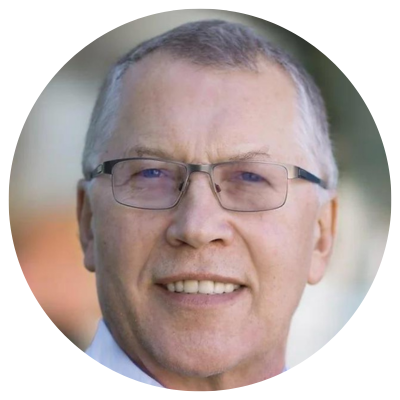
Prof Rupert Handgretinger
Professor Emeritus
Children's University Hospital, Tübingen, Germany
Consultant, Abu Dhabi Stem Cell Center and Yas Clinic Khalifa City, Abu Dhabi, UAE
George and Jennifer Yeo Endowed Chair in Pediatric Oncology, Yong Loo Lin School of Medicine,
National University of Singapore
Singapore
SPEAKERS
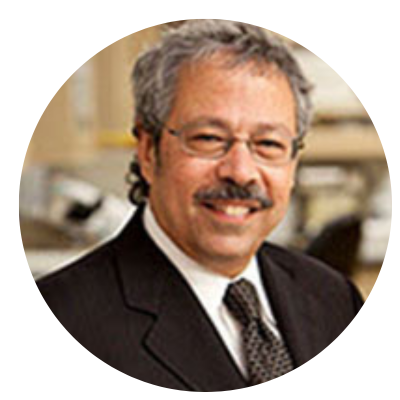
Dr Mitchell S. Cairo
Vice Chair, Department of Pediatrics
Professor of Pediatrics, Medicine, and of Pathology, Microbiology & Immunology and of Cell Biology and Anatomy
Chief, Pediatric Hematology, Oncology and Stem Cell Transplantation, WMC
Director, Children and Adolescent Cancer and Blood Diseases Center
New York

Dr Michaela Seng Su-Fern
Senior Consultant
Department of Paediatric Haematology and Oncology
KK Women's and Children's Hospital
Singapore
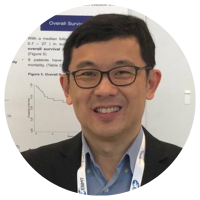
A/Prof Koh Liang Piu
Senior Consultant,
Division of Haematology,
Department of Haematology-Oncology,
National University Cancer Institute,
Singapore
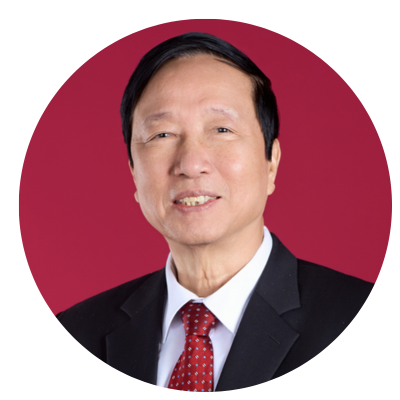
Prof Nguyen Thanh Liem
Director of Vinmec Research Institute of Stem and Gene Technology,
Director of Department of Regenerative Medicine & Cell Therapy, Vinmec International General Hospital,
Director of Vietnam Association of Regenerative Medicine & Cell Therapy
Honorary lecturer at Colleague of Health Science, Vin University
Vietnam
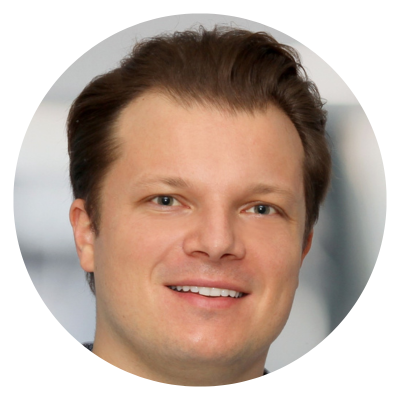
Dr Christian Seitz
Head of the SCT, Cell and Gene Therapy Program at KiTZ,
Hopp Children’s Cancer Center,
Universitätsklinikum Heidelberg (UKHD)
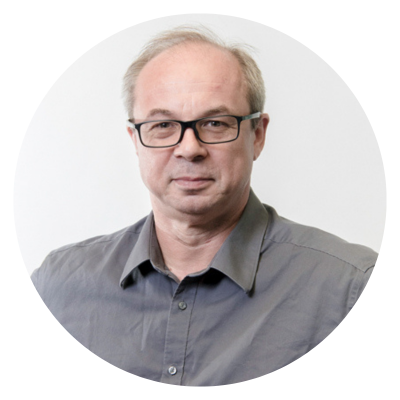
Dr Olaf Rötzschke
Senior Principal Investigator,
Singapore Immunology Network (SIgN),
Agency of Science, Technology and Research (A*STAR)
Singapore



